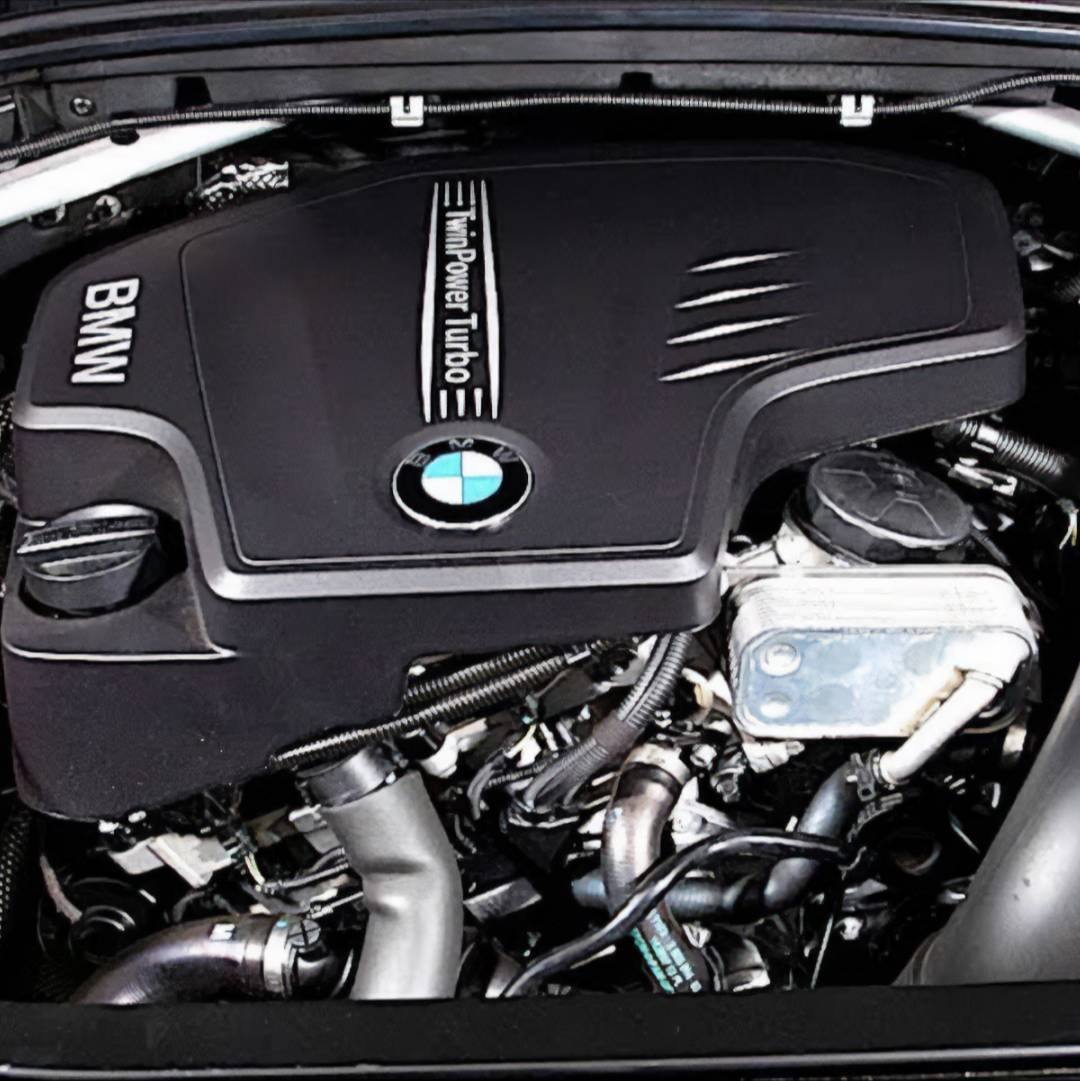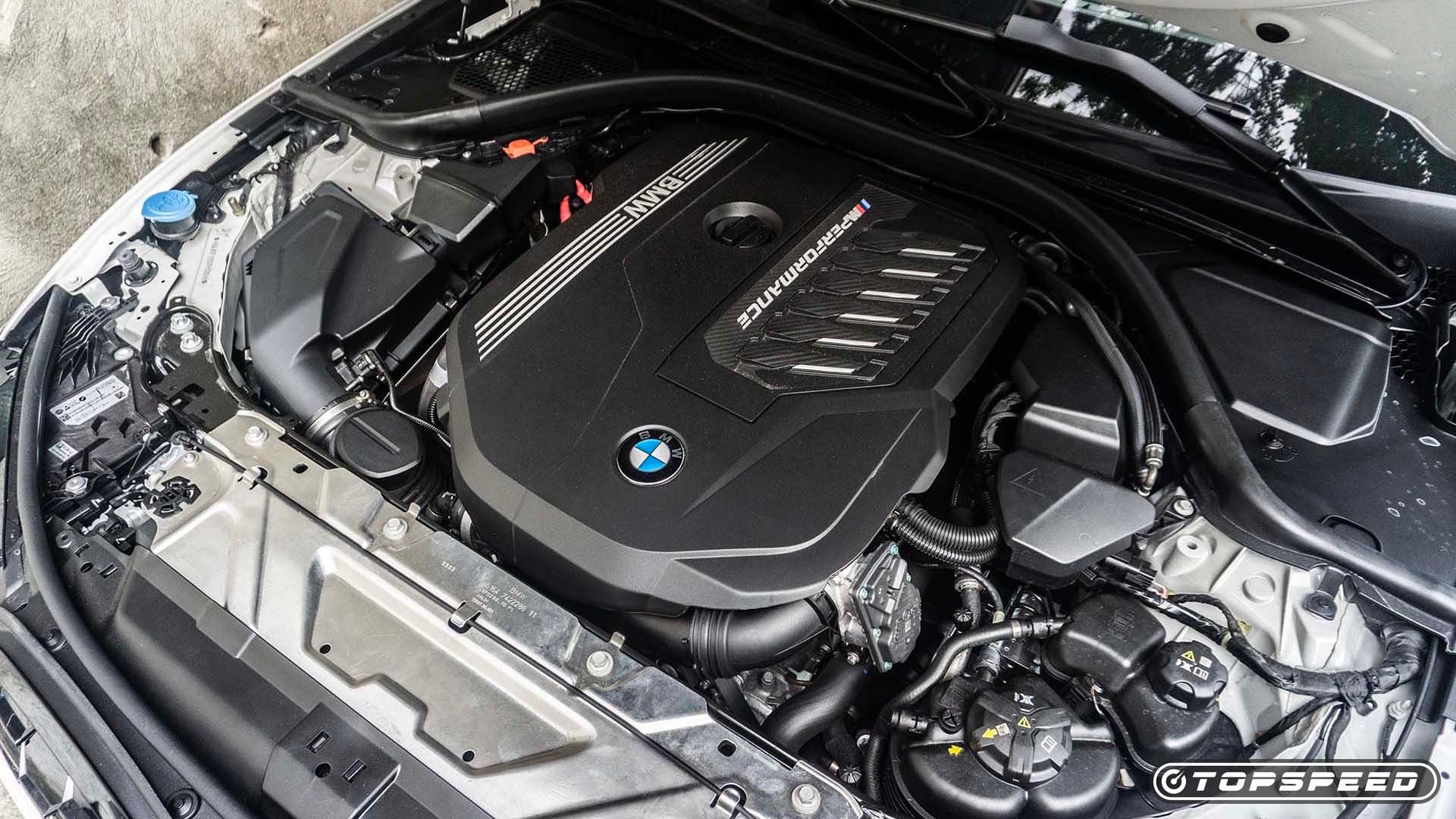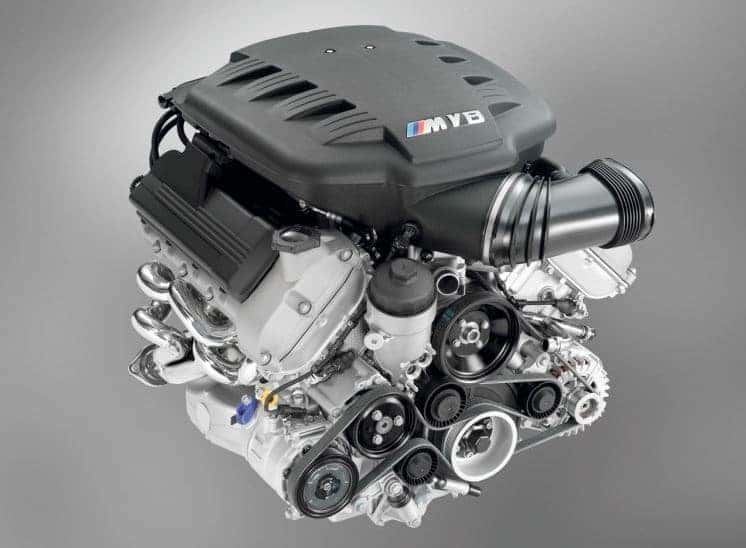The Function of BMW Engine Style in Achieving Exceptional Fuel Efficiency
The Function of BMW Engine Style in Achieving Exceptional Fuel Efficiency
Blog Article
Revealing the Intricacies of Next-Generation Power Units: a Deep Dive Into Advanced Engine Designs and Developments
As we stand on the precipice of a brand-new era in transport, the complexities of next-generation engine designs beckon us to discover the advanced modern technologies and developments that guarantee to redefine the driving experience. Diving deeper right into the realms of emission control, intelligent engine administration systems, and the horizon of power system development, we discover ourselves on the cusp of a makeover that guarantees to reshape the landscape of flexibility as we understand it.
Advancement of Engine Materials

The change in the direction of progressed engine products has actually also enabled engineers to create engines with greater power results while keeping gas performance standards. As an example, the use of lightweight materials decreases the general weight of the engine, causing improved fuel economy and lower emissions. In addition, advancements in products modern technology have actually enabled far better thermal monitoring within engines, causing boosted dependability and durability.
Turbocharging and Supercharging Technologies
Just How do Turbocharging and Supercharging Technologies reinvent engine performance and performance in contemporary vehicles? Turbo charging and turbocharging are modern technologies that substantially enhance engine efficiency by enhancing the amount of air consumption into the burning chamber. Turbocharging accomplishes this by utilizing a generator driven by exhaust gases to pressurize the intake air, while turbo charging utilizes a belt- or chain-driven compressor to attain the exact same result.
These innovations enable smaller sized, more fuel-efficient engines to generate power equivalent to bigger ones, known as downsizing. By requiring more air into the cyndrical tubes, turbocharging and supercharging boost burning performance, resulting in increased horsepower and torque output without a substantial increase in engine dimension. This results in far better acceleration, pulling capacity, and general driving efficiency.
Moreover, turbo charging and turbocharging add to improved fuel performance by allowing the use of smaller sized engines that eat less gas under regular driving conditions - bmw engine. This combination of improved performance and effectiveness has actually made turbocharging and turbo charging essential elements of several modern engine designs
Discharge Control and Environmental Effect
With raising international concerns relating to air top quality and ecological sustainability, the implementation of emission control technologies in cars plays an essential function in minimizing unsafe toxins launched into the atmosphere. Modern vehicles are geared up with advanced discharge control systems that assist reduce the environmental effect of automobile procedures. Catalytic converters, as an example, are created to convert harmful gases such as carbon monoxide, nitrogen oxides, and hydrocarbons into less hazardous substances like carbon dioxide and water vapor.
Furthermore, advancements in engine innovation, such as the integration of exhaust gas recirculation systems and selective catalytic reduction, have actually significantly added to decreasing emissions. These technologies operate in tandem to maximize burning performance and minimize the launch of unsafe toxins into the air. Additionally, the growth of crossbreed and electric vehicles represents a crucial step towards lowering the general ecological footprint of the transport industry.
Intelligent Engine Monitoring Systems

In addition, these systems allow cars to fulfill strict emissions standards without jeopardizing efficiency, offering an extra ecologically pleasant driving experience. The assimilation of expert system and artificial intelligence capabilities in engine administration systems remains to press the boundaries of what is feasible, resulting in further enhancements in performance, integrity, and total vehicle performance. bmw engine. As automotive innovation advances, smart engine monitoring systems will play a crucial function fit the future of transportation towards a much more efficient and sustainable instructions
Future Trends in Power Device Development
As smart engine monitoring systems lead the means for boosted control and optimization in contemporary automobiles, future patterns in power system development are poised to redefine the landscape of automotive propulsion innovations. These different power resources use enhanced effectiveness and performance while lining up with stringent ecological regulations.
Another substantial trend is the combination of sophisticated materials and making methods. Lightweight materials such as carbon fiber and aluminum are being utilized to lower general car weight, enhancing fuel effectiveness and efficiency. In addition, innovations in 3D printing and additive manufacturing are making it possible for the production of intricate engine elements with greater precision and resilience.
Furthermore, fabricated knowledge and machine understanding are playing a critical function in optimizing power system performance. These innovations permit real-time surveillance and adaptive control, bring about much more dependable and efficient power distribution. Overall, future fads in power unit advancement are tailored towards efficiency, performance, and sustainability, driving the automobile sector in the direction of a new age of propulsion modern technologies.

Verdict
In final thought, the innovations in engine materials, turbocharging, emission control, and smart monitoring systems have actually paved the way for next-generation power systems. The complex layouts and innovations in contemporary engines showcase the continuous advancement of automotive innovation.
Checking out the progressive advancements in engine products has been essential in improving the efficiency and performance of modern-day engines. Over the years, the advancement of engine materials has actually played an essential function in pushing the limits of what engines can accomplish.The change in the direction of progressed engine products has likewise allowed engineers to create engines with greater power outcomes while preserving fuel efficiency standards.The implementation of smart engine monitoring systems in modern-day lorries has actually reinvented the method engines check out this site are controlled and optimized for efficiency and performance. By gathering data in real-time and evaluating it with sophisticated formulas, smart engine administration systems can adapt to driving styles, ecological variables, and engine health to optimize power look at more info outcome while reducing gas intake and discharges.
Report this page